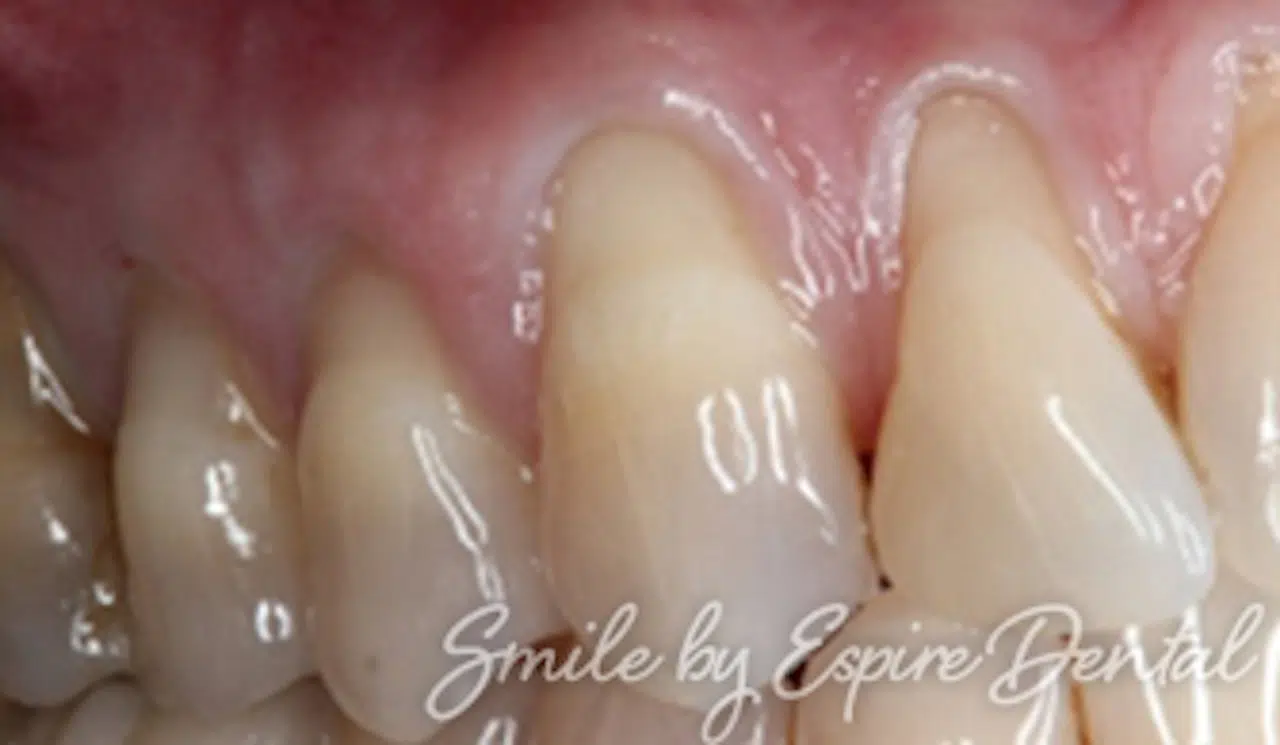
Is it possible to reverse the effects of periodontitis and save your gums? Here’s what you can do to treat and manage gum disease.
It’s never too early to start taking care of your gums, but can it be too late? Periodontitis, commonly known as gum disease, is a serious gum infection that damages the soft tissue around your teeth and can eventually eat away at the bones that support them. According to the Centers for Disease Control and Prevention (CDC), approximately 47 percent of Americans over 30 have some form of gum disease, and that percentage increases to 70 percent among adults over 65.
So, what can you do to reverse periodontal disease and save your gums? Here’s what you need to know.
The Different Stages of Gum Disease
Periodontitis is caused by bacteria, which, when left on the teeth for too long, create a thin film of plaque. Plaque then hardens into a calcified deposit called tartar. Tartar buildup can spread below the gum line and make your teeth harder to clean, which allows even more bacteria to grow and spread. That bacteria then infects the tissue surrounding your teeth and causes gum disease. In addition to poor oral hygiene, smoking, diabetes, and stress can also increase your risk of developing periodontal disease.
Gum disease progresses in four stages — gingivitis and then slight, moderate, and advanced periodontal disease. Gingivitis is the most common form of periodontal disease and its symptoms are relatively mild. If you have gingivitis, your gums will be swollen, tender, and dark red instead of pink. They also bleed easily when you floss or brush.
During slight periodontal disease, the infection has spread to the bone. The symptoms associated with gingivitis get more serious and you’ll notice that your probing depths are between four and five millimeters. If you have moderate periodontal disease, your probing depths increase to six or seven millimeters, and your teeth will start shifting. Also, you might notice other health issues as the bacteria on your teeth attack not just your bones, but your blood cells and immune system.
The final stage of gum disease is irreversible. If you have advanced periodontitis, the gum infection has reached critical mass and there’s a 50 to 90 percent chance of bone loss. Immediate symptoms include swollen gums that bleed and ooze pus, tooth sensitivity, loose teeth, pain when you chew, and severe bad breath.
How To Treat and Manage Gum Disease
It’s possible to reverse periodontal disease if you get diagnosed quickly and start taking action before it exits the gingivitis stage. Luckily, you can reverse gingivitis by practicing good dental hygiene. Remove bacteria from your teeth by brushing twice daily for two minutes, flossing at least once a day, and rinsing with an antibacterial mouthwash. Also, make sure you see your dentist twice a year for professional cleanings. Your dentist can perform scaling to reach the areas you can’t access by brushing and give you a deep clean beneath the gum line.
If your gum disease has progressed into slight, moderate, or advanced periodontitis, unfortunately, it’s irreversible. However, the symptoms and gum damage can be managed with the help of a dentist. Depending on the severity of the disease, your dentist might use non-surgical treatments like root planing or perform flap surgery to clean the infected tissues. They also might prescribe medications for treating gum disease like oral antibiotics, prescription mouthwashes, and enzyme suppressants.
To prevent periodontal disease and reverse gingivitis, proper dental care is key. Start today — your smile is too important to wait!
Let Us Save Your Smile!
Healthy teeth start with healthy gums, so it’s important to take care of them as best you can. If you’re showing early signs of gingivitis or periodontitis — bad breath, swollen gums, blood in the sink after you brush or floss — contact the dental professionals at Espire Dental immediately! We’ll give you a professional cleaning in a luxurious, anxiety-free environment, offer gum therapy tips you can use at home, and help you take charge of your oral health.


